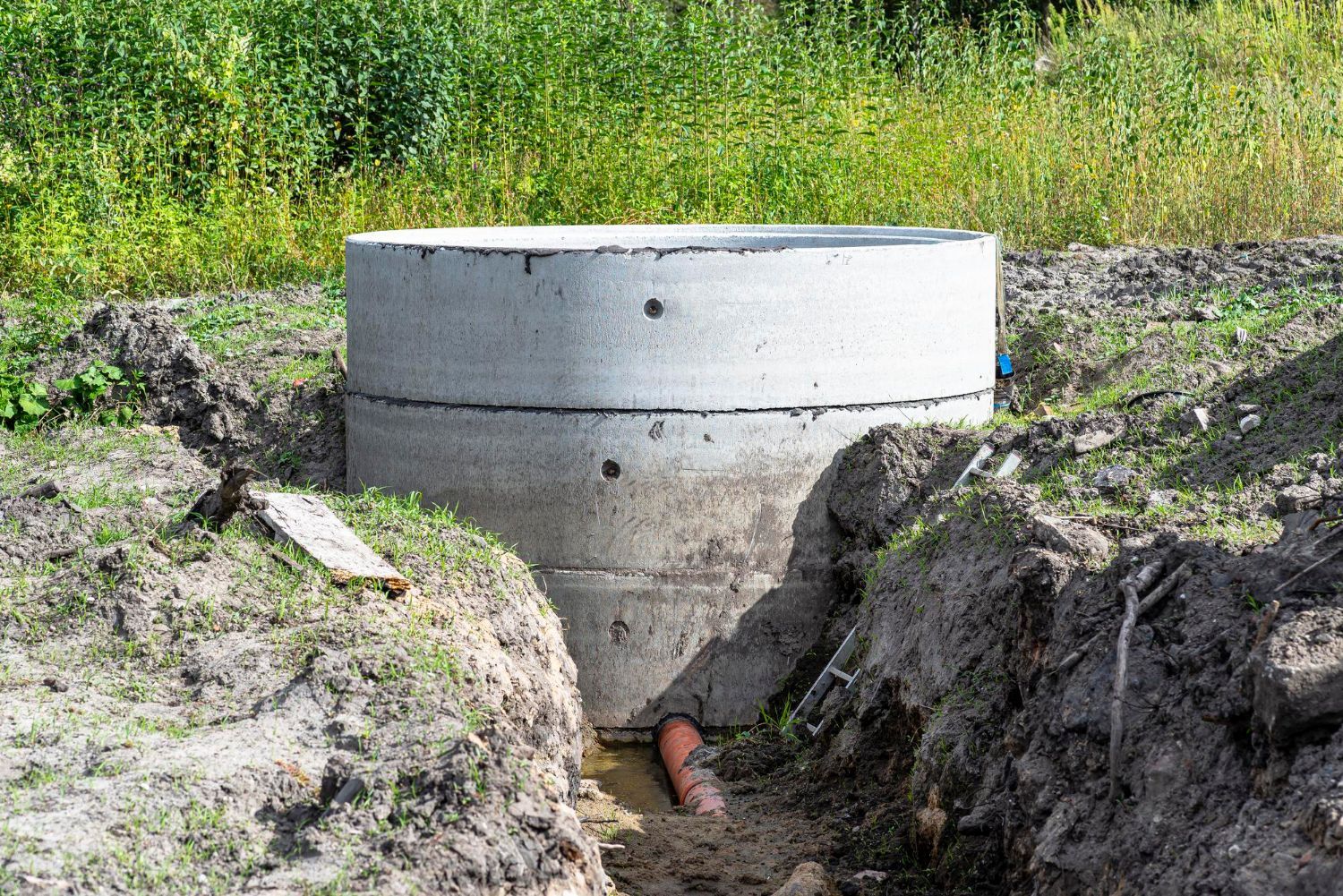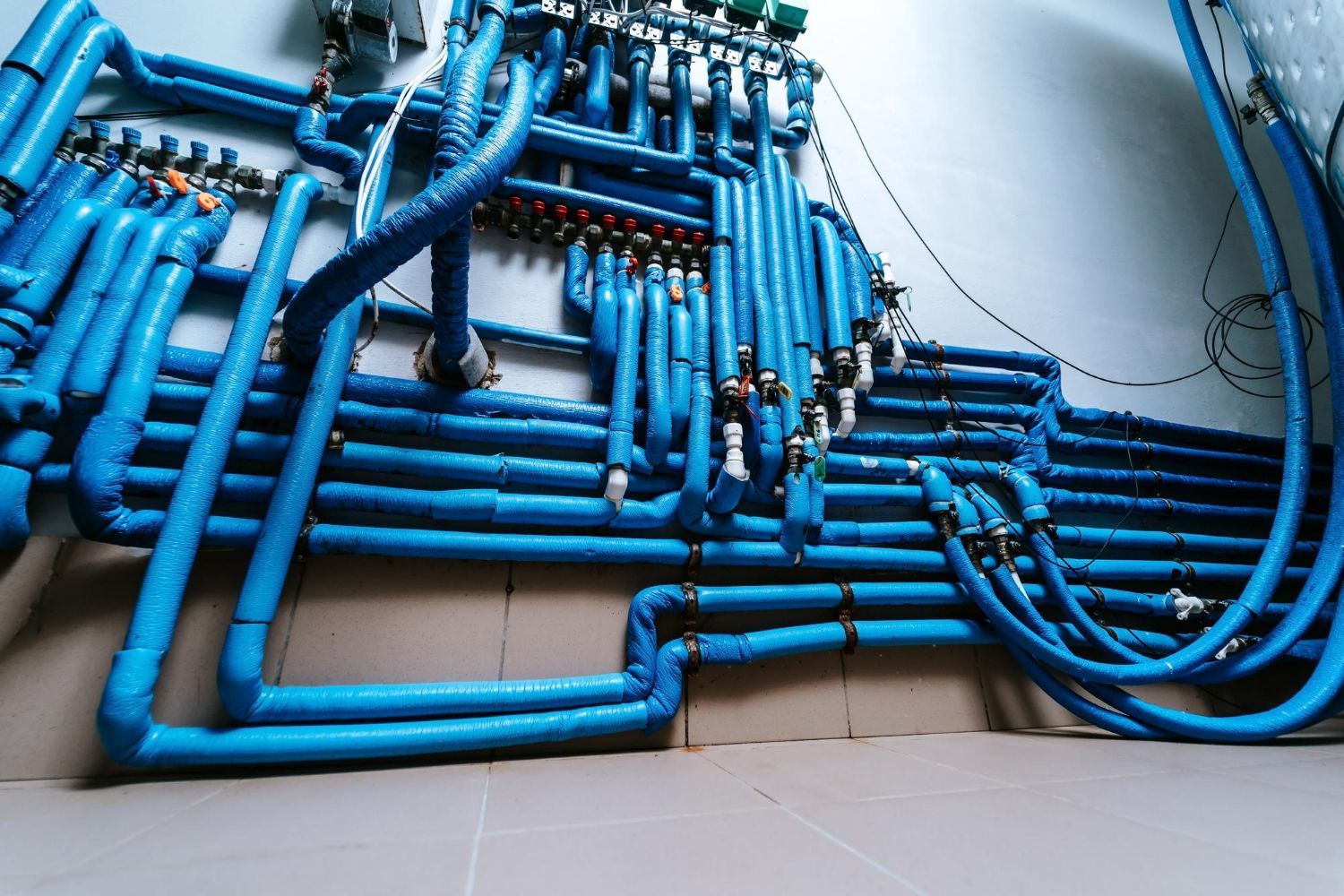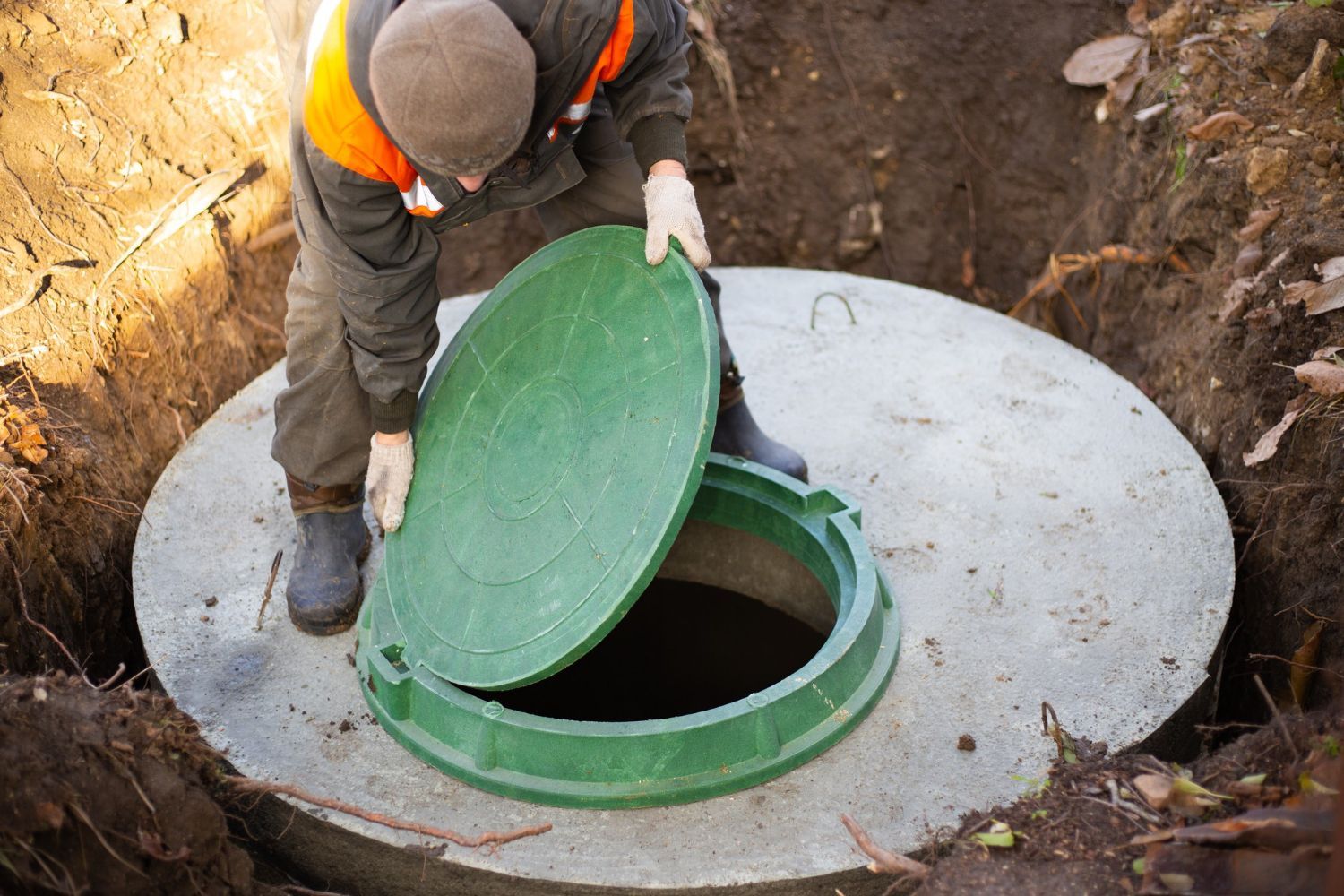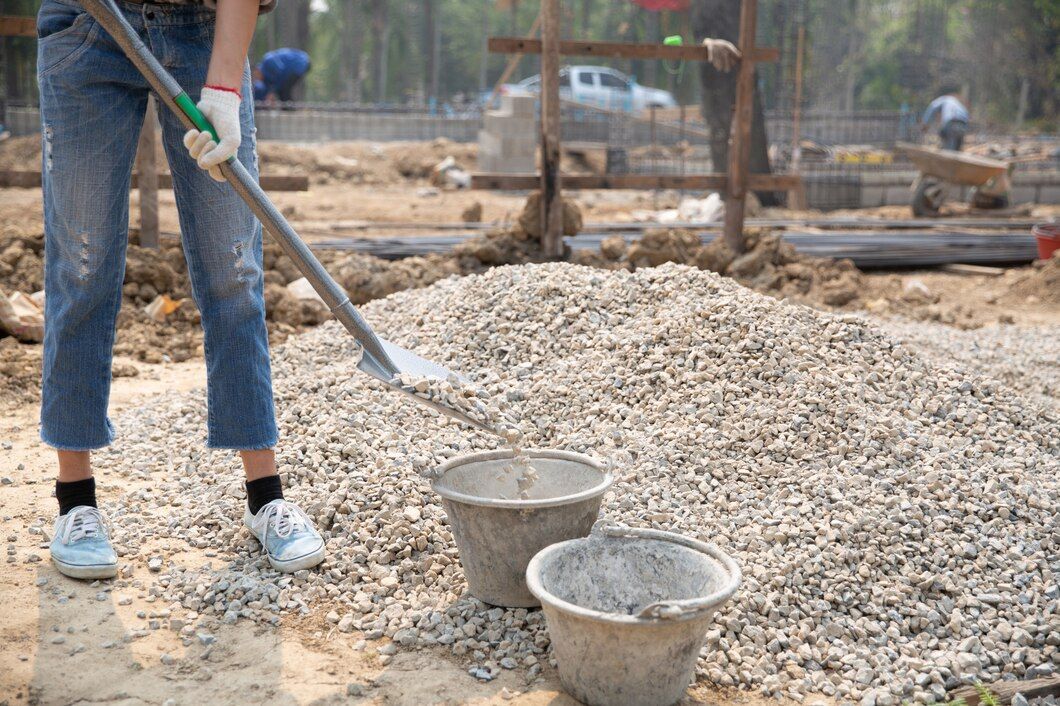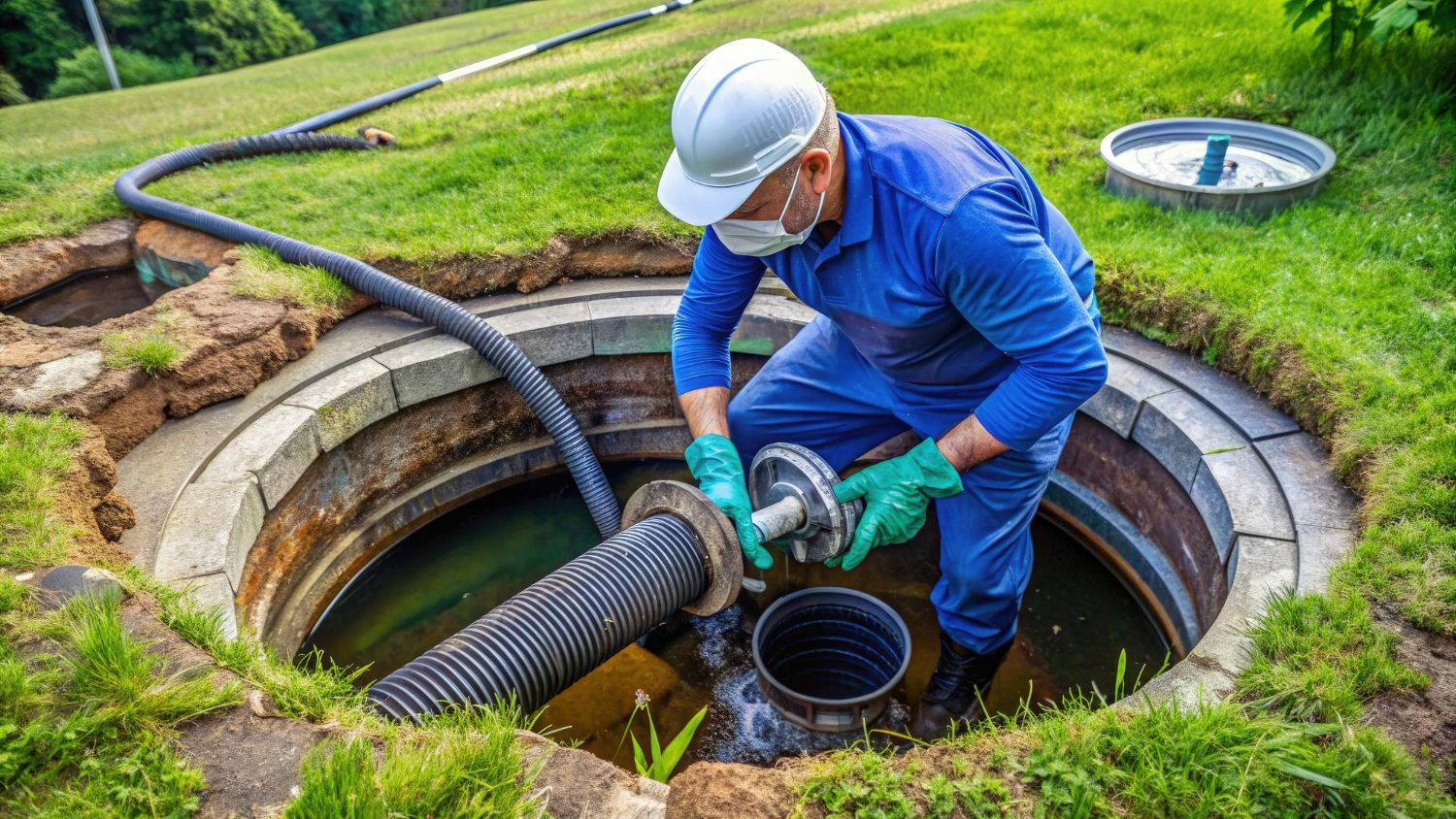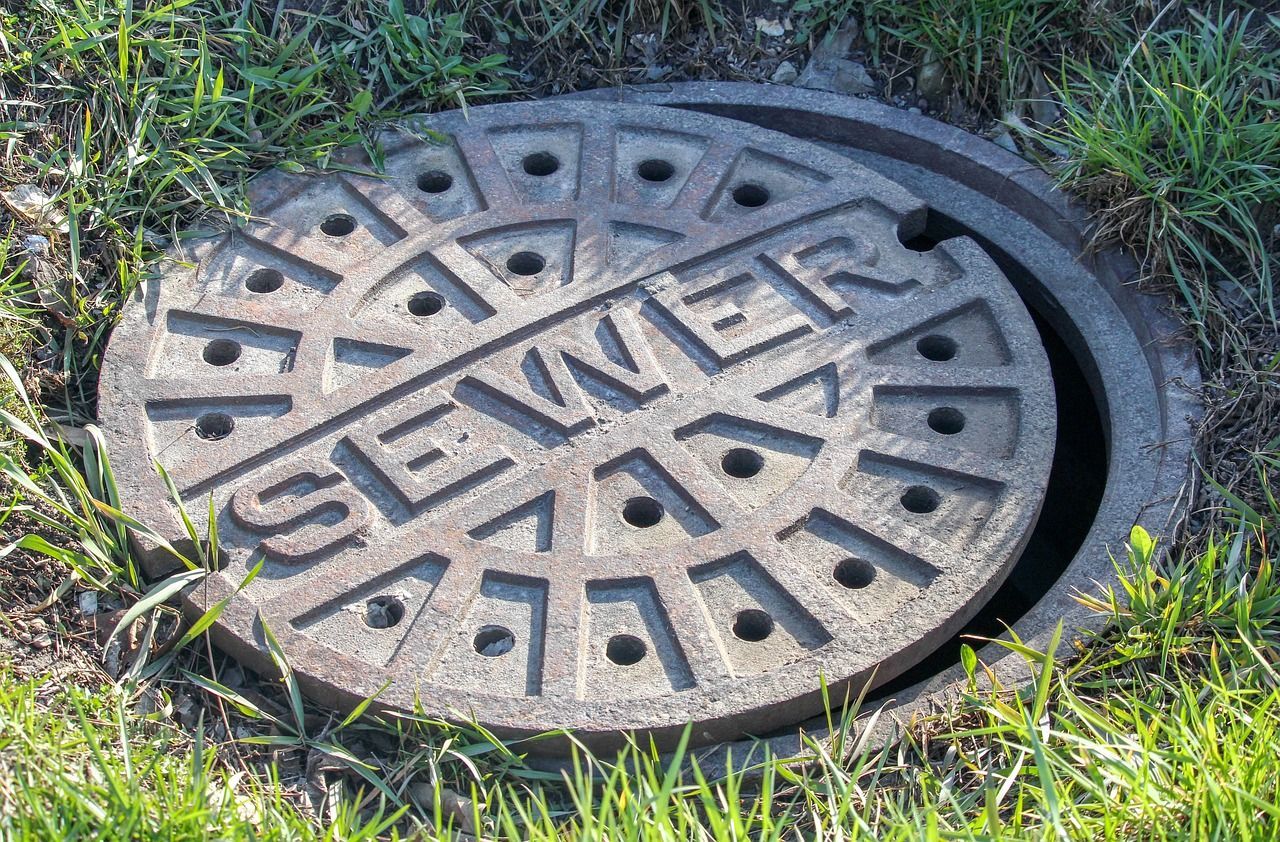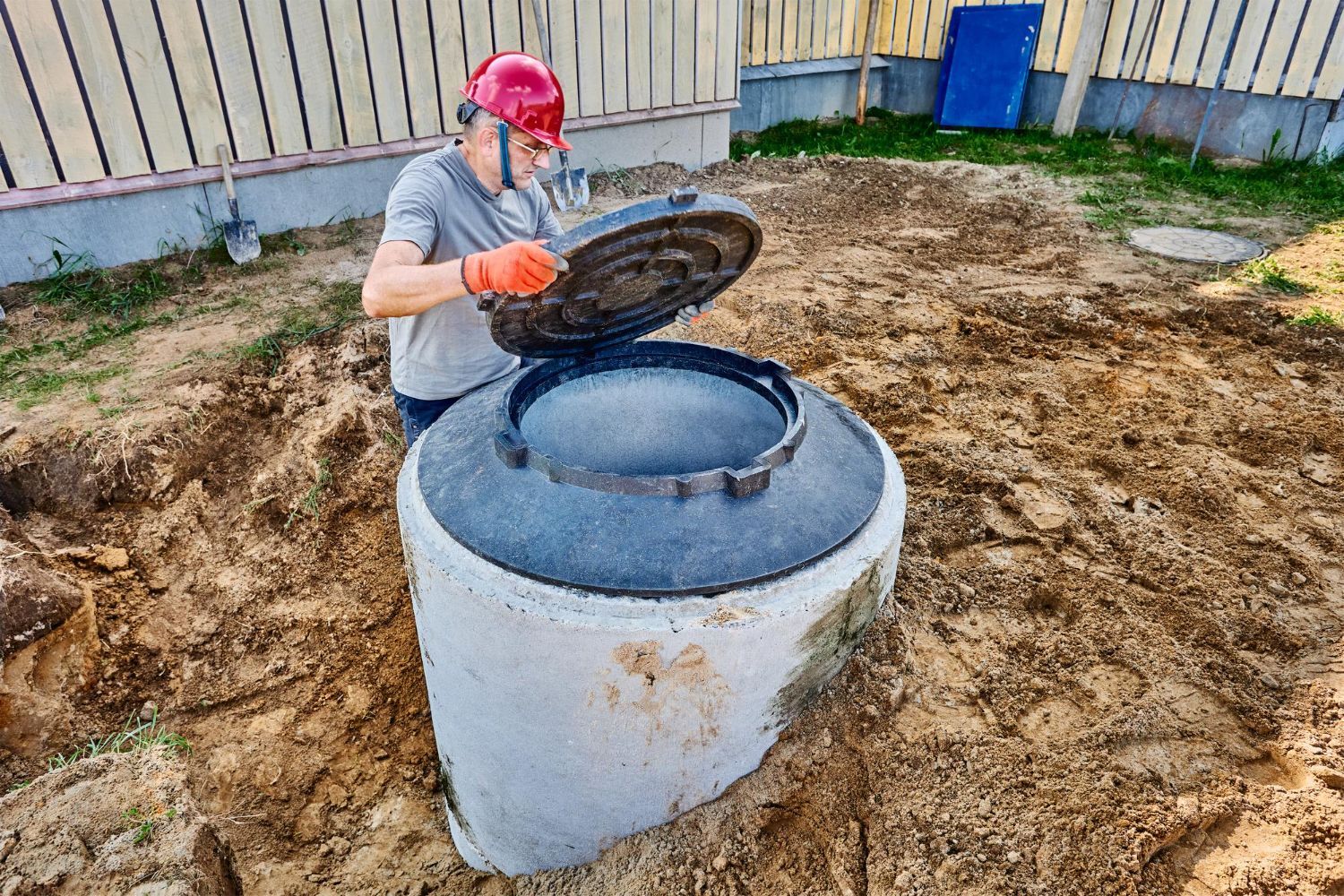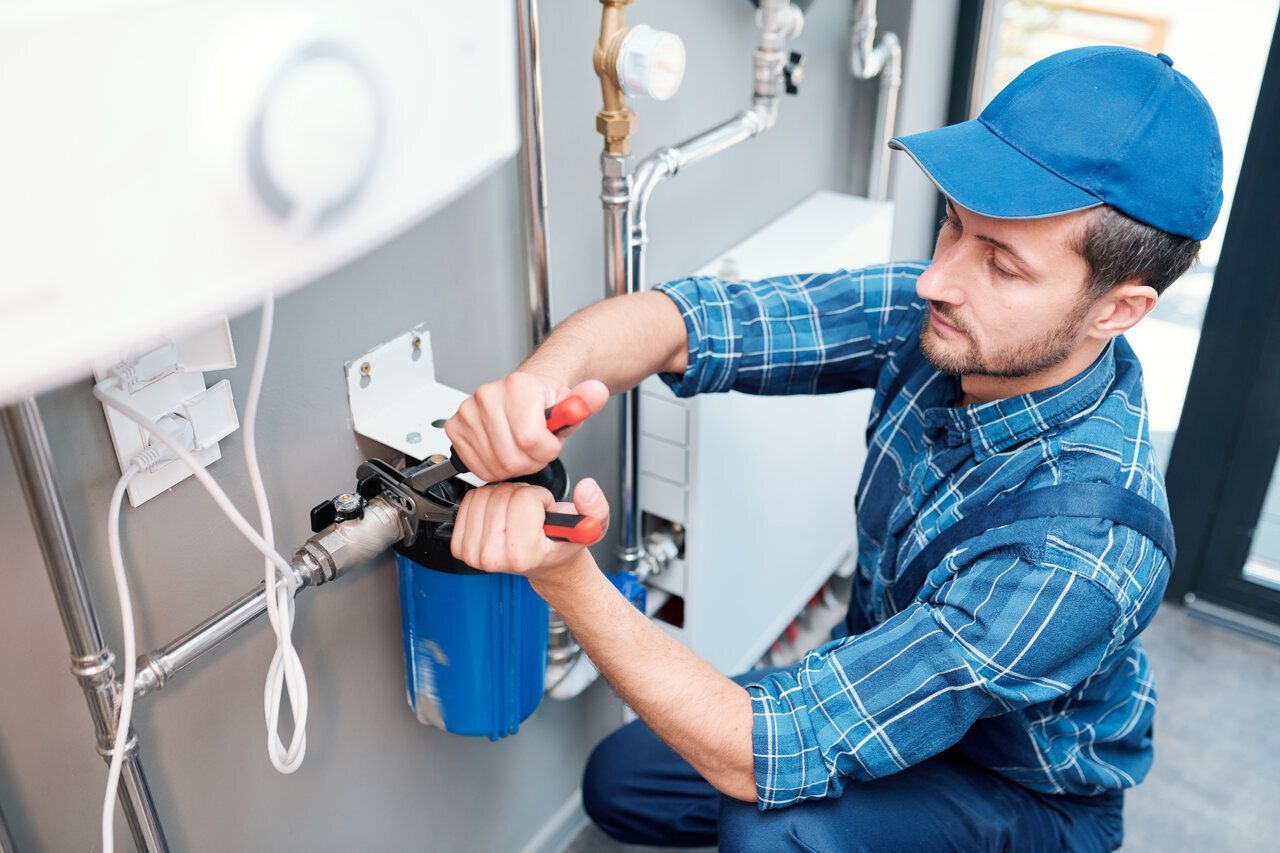Top Tips for Choosing the Right Sump Pump for Your Home
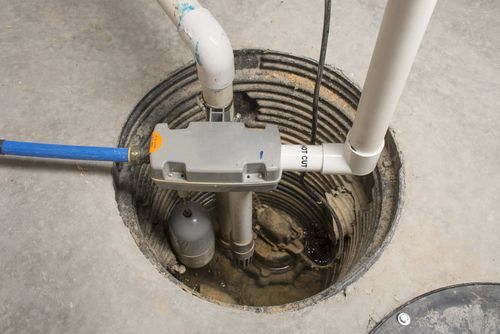
A properly functioning sump pump is a crucial element in protecting any home from water damage caused by heavy rains, flooding, or excess groundwater. By automatically pumping water away from your home’s foundation, a sump pump can prevent water intrusion, mold growth, and structural damage. Choosing the right sump pump for your home is an important decision, as not all pumps are created equal, and various factors can determine their effectiveness and efficiency.
In this blog, we at Apollo Sewer & Plumbing will guide you through the process of selecting the best sump pump for your specific needs. We will discuss essential factors to consider when making your decision, such as the type of pump, power capacity, and additional features like battery backup systems and alarms. Our goal is to help you not only protect your home and belongings from potential water damage but also achieve peace of mind knowing that your property is safeguarded.
Types of Sump Pumps
The first factor to consider when choosing the right sump pump for your home is the type of pump. There are two main types of residential sump pumps: pedestal pumps and submersible pumps. Each has its advantages and drawbacks, so understanding the differences between them is essential for making an informed decision.
1. Pedestal Pumps: These pumps have a motor that sits above the sump pit, with a long, narrow pipe extending down into the pit. Pedestal pumps are typically more affordable and easier to maintain since the motor is easily accessible. However, they can be louder and less efficient in larger-scale applications.
2. Submersible Pumps: These pumps are installed entirely within the sump pit, with the motor encased in a waterproof housing. Submersible pumps are typically quieter and more efficient than pedestal pumps, making them ideal for larger homes or those with more significant water removal needs. The downside is that they can be more expensive and may require more maintenance due to their submerged position.
Pump Capacity and Horsepower
Another critical factor to consider when selecting a sump pump is its capacity and horsepower. Determining the right pump capacity (measured in gallons per hour) is essential to ensure efficient water removal during heavy rainfall or flooding events. Factors such as the size of your basement, depth of the water table, and previous flooding issues will play a role in determining the appropriate pump capacity.
In conjunction with pump capacity, the horsepower of your sump pump will also impact its performance. Residential sump pumps typically range from 1/4 horsepower to 1 horsepower. A pump with higher horsepower will be able to move larger volumes of water and pump it higher vertically, which is particularly useful if your home has a deep sump pit or significant water ingress.
Battery Backup Systems and Alarms
Power outages often accompany heavy storms, which can render a standard electric sump pump inoperable when it's needed the most. A battery backup system is an invaluable addition to any sump pump, allowing the pump to continue operating even during a power outage. These backup systems typically come with a separate battery-powered pump that activates automatically when the primary pump loses power.
In addition to a battery backup, installing a sump pump alarm system can provide further peace of mind. In the event of a pump malfunction, high water levels in the sump pit, or a power outage, the alarm will notify you of the issue, allowing you to address it promptly and prevent potential water damage.
Installation and Maintenance Considerations
Proper installation and diligent maintenance are crucial factors in ensuring the longevity and efficiency of your sump pump. When choosing a sump pump, consider its installation requirements, including the size of the sump pit, discharge pipe routing, and any additional equipment or materials needed. It is generally recommended to have a professional plumber install your sump pump to ensure proper installation and optimal performance.
Regular maintenance is also essential in keeping your sump pump operating efficiently over the long term. Check your sump pump's owner manual for specific maintenance guidelines. Common maintenance tasks include testing the pump's operation, cleaning the sump pit and pump components, and replacing worn or damaged parts. Hiring a professional plumbing service, like Apollo Sewer & Plumbing, for routine maintenance can help keep your sump pump in top condition and extend its life.
Protect Your Home from Water Damage with the Right Sump Pump and Expertise from Apollo Sewer & Plumbing
By understanding the crucial factors to consider when selecting the right sump pump for your home, you can make an informed decision and confidently protect your property from water damage due to flooding and excess groundwater. Investing in a high-quality sump pump and professional installation services is a small price to pay for the peace of mind and security it will provide over the years.
Trust the experienced professionals at Apollo Sewer & Plumbing to guide you through the process of choosing the perfect sump pump for your home, as well as providing expert
plumbing installation and maintenance services. Contact us today to discuss your plumbing needs, and let us help to ensure your home's safety and protection from water damage.

